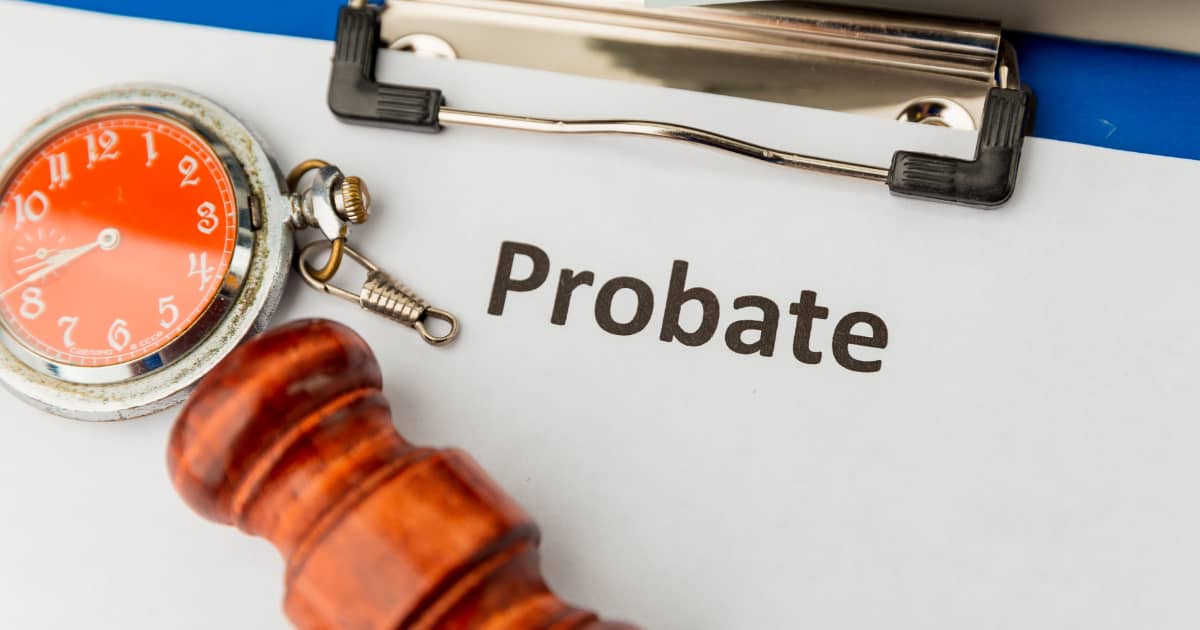
You’ve probably heard of probate and wondered how it works. Probate is the court process that determines who gets what after someone dies. However, it can be complicated. While most assets go through the court, those that are not probated bypass this process. Instead, they pass directly to the beneficiaries. The state’s laws have specific rules about what should happen with these assets.
If a deceased person left behind several bank accounts with payable on death designations, this property does not go through probate. If the property was owned by multiple people, such as a joint account, TOD designations are not necessary. If the deceased person owned property with another person, the property should pass directly to the surviving spouse without any probate. However, there are some property types that go through probate.
Despite the many differences between probate and non-probate assets in New York, the two types of assets are essential for estate planning. Properly planning your estate can make sure that your wishes are followed. Even if you don’t want to go through the probate process, having a list of your non-probate assets can help you make an informed decision.
The process of probate requires the filing of a Last Will and Testament and appointing a fiduciary. The fiduciary must then collect the assets, reimburse the beneficiaries, pay any debts and file taxes, and distribute the property to beneficiaries. It can take several years, which is why most people choose to leave only non-probate assets.
Probate assets, on the other hand, pass through probate proceedings. Assets held jointly with rights of survivorship and joint tenants with right of survivorship, are not part of a probate estate. These assets may be held in a trust or titled in an individual’s name alone. Generally, probate assets include bank accounts and real estate. As with all assets, it is important to update beneficiary designations.
The legal process of probate is complex and time-consuming. However, if you have the proper knowledge of the differences between the two types of assets, the process can be easier and less costly. It is important to understand the difference between probate and non-probate assets to avoid potential complications and to plan your estate properly. And when to file a Probate/Administration petition, remember to follow state laws to avoid probate.
Whether or not you want your assets to go through probate depends on what you’ve designated in your will. If you have assets in your name and have no instructions, probate assets will likely go through the court process. However, if you want to avoid paying these costs and having your assets go through probate, you should contact an estate attorney. Remember, the more assets you have, the higher the estate value.
If you have a will, you should make sure that all of the beneficiaries of the estate know about it. This way, your family members will know that you intended your assets to go to the people you care for most. Ultimately, if you do not plan ahead of time, you’ll end up with a messy probate process and you’ll have to worry about what happens to your assets when you pass away.
The process is different in every state. In New York, for example, a person’s estate may fall under the probate process even if they passed away without a will. If the estate isn’t worth that much, you can use simplified probate procedures. Simply put, simplified probate is a way for people who have little or no valuable property to plan their estate.





